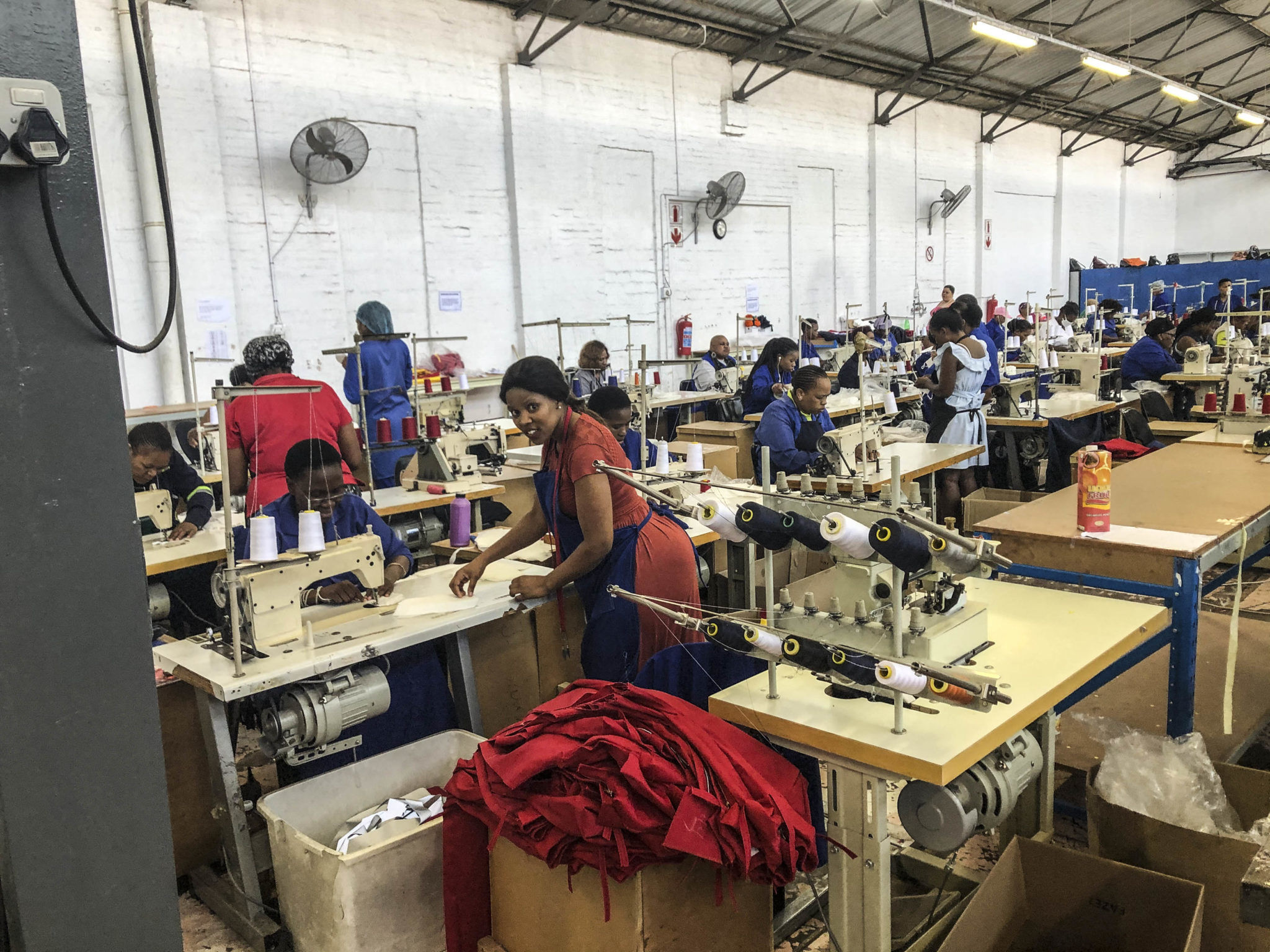Meeting demand: Siyasebenza Manufacturing has manufactured 100 000 masks this year and sold 60 000 in two weeks to medical suppliers. The unfolding of the global coronavirus pandemic, accompanying economic hardship, and difficulty that governments around the world have encountered in responding raise fresh questions about what the broader role of business is in such moments of crisis. About 50 years ago, The New York Times published an iconic — and short — answer: none.
In The Social Responsibility of Business is to Increase its Profits , the economist Milton Friedman articulated his now famous mantra that business had no business investing in social welfare or the broader public good; he argued that for a chief executive to do so was a dereliction of their legal obligations to the company’s shareholders. Their only responsibility was to deliver as a high level of profit for investors.
In the decades that followed, Friedman’s view came to be immensely influential, coinciding as it did with the rise of neoliberal thinking. Together these developments inaugurated the era of shareholder primacy amid large-scale deregulation and rolling back of the state. Corporate life was dramatically reshaped by the view that a firm’s leaders should be compensated only for how well that firm was doing — and by the corresponding notion that that was best measured by a firm’s share price. This morphed also into the assumption, perhaps most prominently voiced by President Donald Trump, that if the stock market was climbing the entire economy must be flourishing. The contradictions in this approach are increasingly evident in the Covid-19 era.
There was, perhaps inevitably, a backlash, epitomised in the growing prominence of corporate social responsibility, and the view that business needed to earn its social licence to operate. More recently we have seen the development of economic, social and governance metrics to monitor business performance. At Davos in 2017, more than a hundred chief executives issued a compact arguing that “society is best served by corporations that have aligned their goals to the long‑term goals of society”. This was echoed in a 2019 statement by the United States-based Business Roundtable which recognised that businesses owed a commitment not merely to shareholders but to “all of our stakeholders”. The firms’ leaders pledged among other things to “invest in [their] employees” and “support the communities in which [they] work”.
These gestures have been greeted with predictable cynicism. Some nine months into the […]
